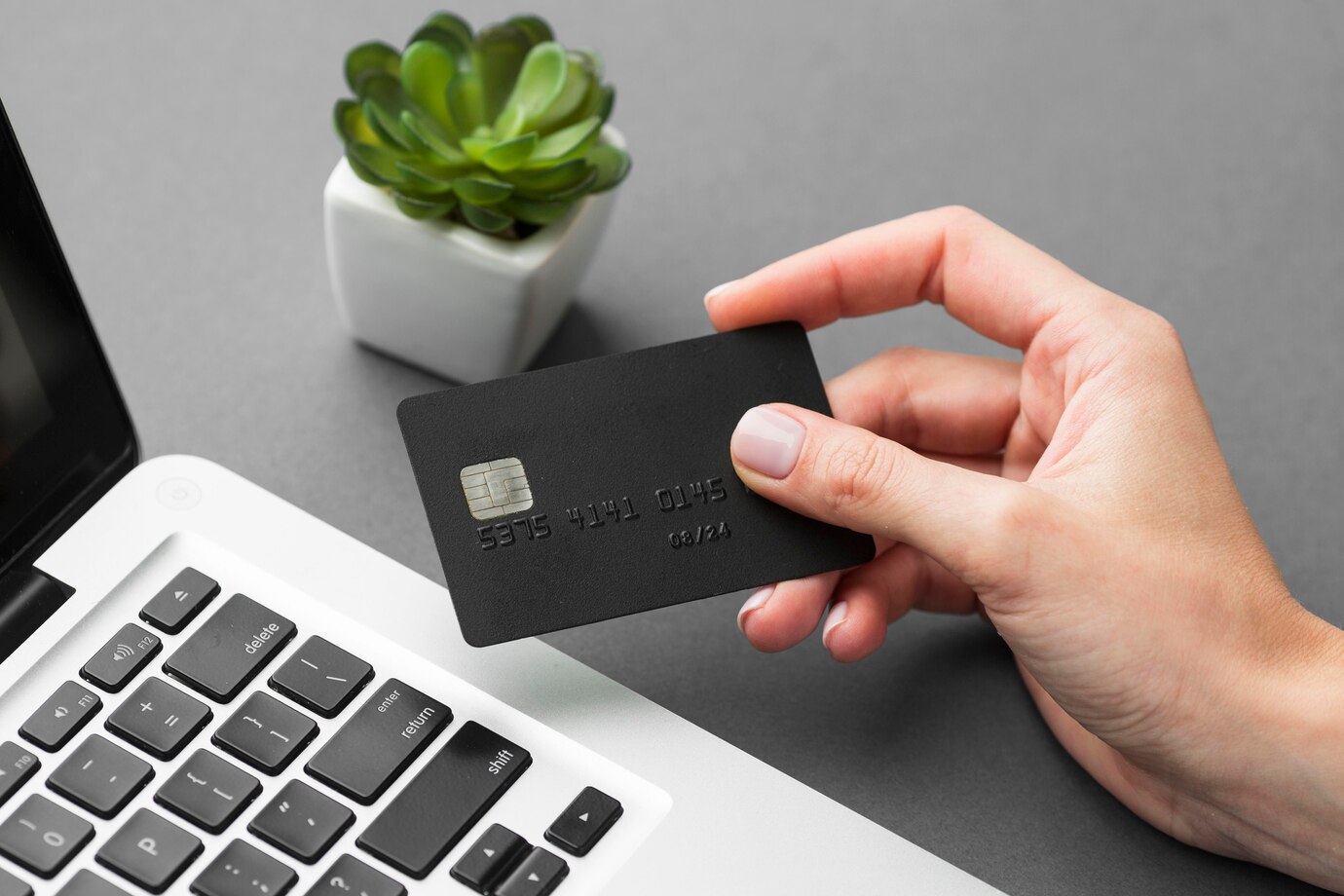
Credit Cards vs. Debit Cards: Which One Should You Use?
Credit and debit cards are two keys to convenience and security. Each unlocks unique financial doors. Understanding their distinct traits lights up the path to savvy spending. The right card matters whether you seek to build credit or earn rewards. A wise choice can reshape your financial destiny, paving a golden road to prosperity.
As cashless transactions take centre stage, mastering your card choices is vital. Knowing when to wield a credit versus debit card can boost your financial finesse. Each has its perks and pitfalls, so understanding their effects on your wallet is crucial. Make informed decisions and secure your financial future with savvy selections! Read more for financial tips.
Key Differences Between Credit and Debit Cards

While credit and debit cards look similar, they function in distinct ways. Here are the primary differences:
How They Work: Borrowed Money vs. Direct Bank Withdrawal
- Credit Cards: Using a credit card is like borrowing a friend’s cash; it’s up to a set limit. You’ll need to repay what you spend all at once or in easy monthly bites. Remember, those sneaky interest charges come knocking at your door if you miss the due date!
- Debit Cards: Consider debit cards your financial sidekick. Every purchase directly takes money from your checking account. No borrowing tricks are involved. You can only spend what’s already in your wallet—no overspending, just savvy saving!
Impact on Credit Score and Spending Limits
- Credit Cards: Credit bureaus report usage, which affects your credit score. Factors include payment history, credit utilisation, and the length of your credit history. A good credit score gets you better interest rates on loans and financial products.
- Debit Cards: Think of debit cards as your budgeting buddy. They won’t tip the scales of credit scores, ensuring your financial footprint remains untouched. Yet, these trusty cards help you stay in line, curbing overspending and balancing your wallet.
Security and Fraud Protection
- Credit Cards: Many credit cards provide solid fraud protection. They often include zero-liability policies for unauthorised charges, and disputes can often be reversed while investigations take place.
- Debit Cards: While many banks provide fraud protection for debit cards, it is generally less robust than credit cards. If fraudulent transactions occur, the money is withdrawn directly from your account, and recovering lost funds can take time.
Pros and Cons of Credit Cards
Credit cards offer multiple benefits but also come with potential risks. Let’s explore both sides in detail.
1. Benefits of Using a Credit Card
Building Credit History and Improving Credit Score
Harnessing your credit card wisely can be a game-changer. Make timely payments and keep your credit utilisation low to elevate your score. A stellar credit score opens doors, making loans and mortgages easier to secure. Even job opportunities may require a strong score nowadays. Many financial institutions won’t budge without a good credit standing. Thus, responsible credit card use transforms into a powerful tool in your financial arsenal.
Reward Programs and Cashback Benefits
Many credit cards are treasure troves of rewards, from cashback to airline miles. Frequent shoppers and wanderlust souls can cash in on these benefits. Paying your balance in full is like unlocking a golden door to savings. Some cards, like travel, dining, or groceries, shine in specific categories. This means users can earn rewards tailored to their passions and preferences.
Emergency Financial Cushion
Credit cards act as your financial parachute for life’s unexpected tumbles. Medical emergencies or urgent repairs? No problem! They let you spread out payments, easing sudden expenses without draining your savings in one fell swoop.
2. Risks of Credit Cards
Potential for Debt Accumulation
Since credit cards allow you to spend beyond your immediate means, overspending can be tempting. Failing to pay off balances in full can lead to high-interest debt accumulation. If not managed properly, credit card debt can spiral, resulting in financial strain and reduced borrowing ability in the future.
Interest Rates and Fees
Credit cards can quickly become a financial jungle. High interest rates loom, especially when you only pay the minimum. Late fees and annual charges pile up, making convenience costly. Foreign transaction fees also sneak in, inflating bills overseas. Premium cards often flaunt high yearly fees that can leave you feeling short-changed. However, if you harvest the rewards and benefits, they can shine. Use them wisely, or they might become your budget’s worst enemy.
Pros and Cons of Debit Cards

Debit cards are straightforward to manage but come with their own set of limitations.
1. Advantages of Debit Cards
No Risk of Debt Accumulation
Since debit cards only allow you to spend what you have in your account, there is no risk of accumulating debt or paying high-interest charges. This makes debit cards an excellent option for individuals who want to maintain a disciplined approach to spending and avoid falling into debt traps.
Direct Spending from Available Funds
With debit cards, spending is limited to the available balance in your account, making it easier to track expenses and stick to a budget. This is particularly beneficial for individuals who prefer cash-based budgeting and want to avoid the temptation of overspending.
Lower Fees and No Interest Charges
Unlike credit cards, debit cards do not have interest charges, and many come with minimal or no fees for usage. This makes them a best payment method for everyday transactions.
2. Limitations of Debit Cards
No Impact on Credit Score
Unlike credit cards, debit card transactions are not reported to credit bureaus. This means using a debit card exclusively won’t help you build a credit history. For individuals planning to apply for loans or mortgages in the future, relying solely on a debit card may limit their credit-building opportunities.
Lack of Rewards and Cashback Incentives
Debit cards generally do not offer the same rewards, cashback, or travel benefits that many credit cards provide. This can make them less appealing to those looking to maximise their spending power. Some banks give small rewards for debit card use, but credit card rewards are usually better.
Limited Fraud Protection
Many banks offer fraud protection for debit card users. However, recovering lost funds can be slower than with credit cards. Fraudulent transactions hit your checking account balance hard. This makes it stressful to dispute and recover stolen funds.
Conclusion: Choosing the Right Card for Your Financial Needs

Choosing a credit or debit card depends on your goals and spending. A credit card is suitable if you want to build credit, earn rewards, and have access to a credit line. However, a debit card is the better option if you prefer to avoid debt, stick to a budget, and spend only what you have. Knowing the pros and cons helps you make smart choices for your financial needs.
In the grand tapestry of finance, your payment method weaves its pattern; it’s up to you to decide which one is the best payment method for you. Smart shoppers skillfully manage their money by switching between credit and debit cards. They use credit cards for rewards and building credit, while they rely on debit cards to keep spending in check for daily expenses. Looking at your finances will help you find the best option or a mix of both.